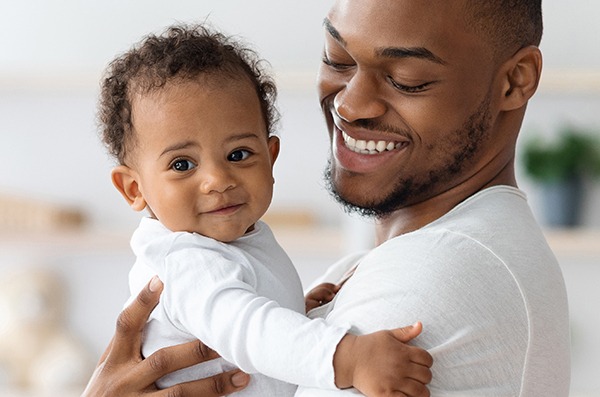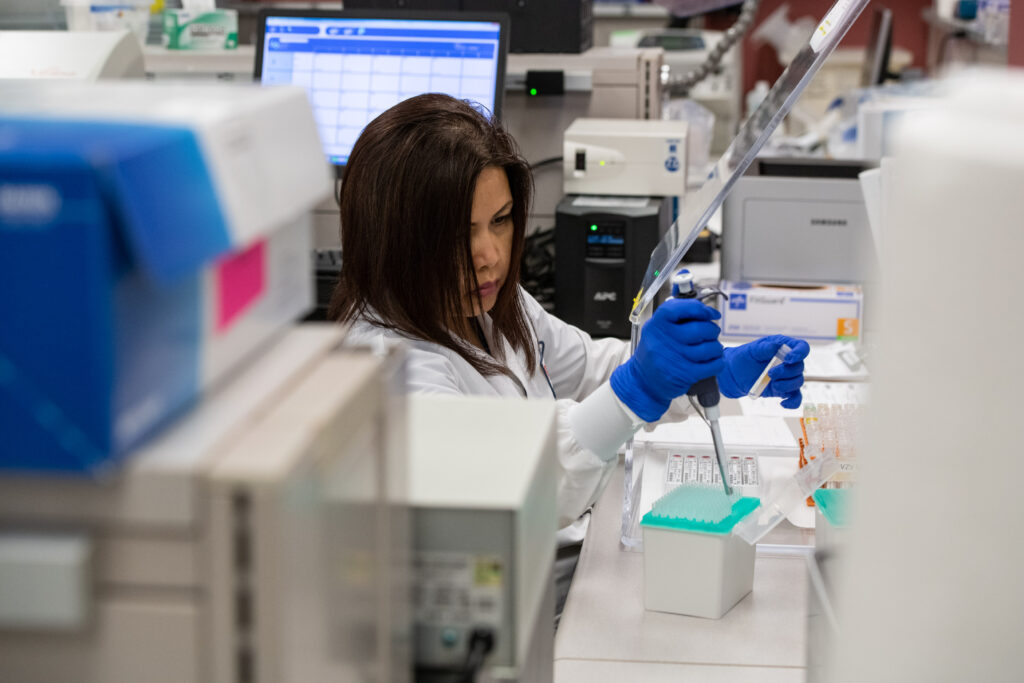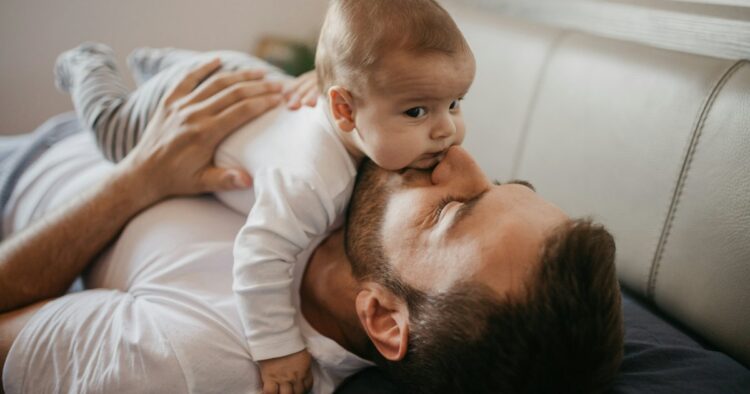
Becoming A parent
If you’re not the one doing the whole pregnancy-and-labor thing, the physical changes you go through when your kid is born might not be as dramatic. But it’s still pretty obvious when you become a parent, more it might say that it’s a parent. You get those dark circles under your eyes from the constant lack of sleep. Not to mention your style might change a little bit-goodbye expensive duds, hello spit up-stained T-shirts and sweatpants.
You might even find yourself with a more cuddly physique—the classic “dad bod.”But the changes on the outside are just the beginning. Your insides change a lot, too, leading to what you might call dad brain, or even just parent brain tweaks to your brain tissue and hormones that prepare you to take better care of your kids. The changes that happen to parents who haven’t just given birth have been harder to study because the animals we use in labs usually don’t have both parents involved in childcare. Instead, researchers are mostly limited to looking at what’s happening in people’s brains using newer technologies — like FMRI, which measures activity in different areas of the brain based on blood flow. And they’ve learned a lot in the last few years! Before we get into that, though, it’s worth noting that almost all of the research on this only looks at traditional families: a mother and a father, both biologically related to the child, with the mother doing most of have actually mapped the “la la land “area of your brain.
The team thinks this shrinkage might reflects the dads’ increased vigilance in looking out for their helpless babies. Researchers did not see the same thing in a similar study of new moms, although that could be because pregnancy already changes the brain in a lot of ways, including shrinking in these areas. The new dads also lost gray matter in areas involved in stress and anxiety, which might reflect settling in to their role as a parent. That also didn’t show up in new moms.
Research conducted on Hormones by University of Stanford California USA 2018

Then there are the hormones. Studies have found that circulating levels of prolactin and Oxytocin increase in new parents. Prolactin gets its name because it promotes lactation, so it makes sense that you’d have higher levels if you’re breastfeeding. But prolactin levels increase even in parents who aren’t breastfeeding, because it’s responsible for So much more than just milk. It’s considered the most versatile hormone in your body, and it regulates a lot of parental behaviors-to the point that it’s sometimes just straight-up called the parental hormone. Prolactin levels spike when parents interact with their kids, and studies have found that.
Higher levels correlate with a greater desire to calm a crying child. Bonds, including those between parents and Oxytocin also plays an important role in forming kids, which is why you’ll sometimes see it nicknamed the “love hormone. “And some studies have found that when you spray doses of it into parents’ noses, they become more playful and affectionate with their kids. But these hormones don’t necessarily do the same thing in both parents.
In studies of heterosexual couples, increases in oxytocin and prolactin have been associated with affectionate behaviors in moms, like snuggling. In dads, on the other hand, they’re associated with play behaviors – also a way to bond with the baby, but different from what’s usually seen in moms. While all this extra prolactin and oxytocin is running around, testosterone decreases. Testosterone is associated with sexual desire in both males and females, and when it decreases, So does libido-at least temporarily. So it’s not just the lack of sleep that makes new parents less interested in sex. But overall, it’s probably a good thing this happens, since researchers have found that dads with lower testosterone levels are more responsive to their baby’s cues. Maybe because they’re not thinking so much about making new babies.
So, it’s not just pregnancy and labor that cause the physiological changes that come with being a new parent. Instead, neuroscientists think it’s actually Behaving like a parent that affects your brain and hormones It doesn’t really matter whether you’re a mom or a dad: interacting with and caring for an infant reshapes your brain and your body in ways that help you be “a better parent” with being a new parent. Even if it feels like you have absolutely no idea what you’re doing at first, evolution has prepared you for parenthood more than before I never knew having a baby affected dad’s brain chemistry too! l’ve only ever heard girls Complaining of “baby brain”! You learn Some Becoming a dad makes you…Brain-dad.
Feel free to check our Baby & Child Category where top-notched discount deals are waiting for you , make your life special spend wisely on your loved ones. especially for babies we are offering amazing discount voucher codes of 12|12 .
Dont miss out the amazing promo sales. we promise to bring the best deals in town.











